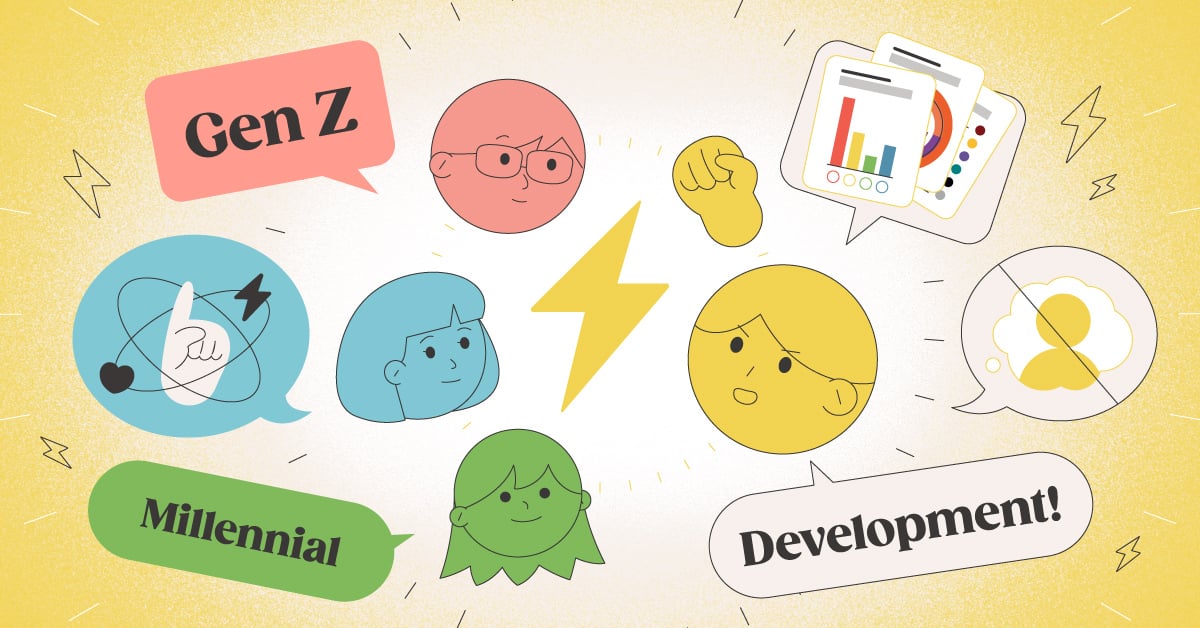
Inauthentic Leadership Takes Toll on Emotional, Physical Health
The DISC assessment shows aspects of introverted behavior (S & C) and extroverted behavior (D & I). Bias in the West favors the D & I, extroverted side of the equation.
Due to this pervasive bias, many leaders who have natural talent patterns on the S & C side feel pressured to be more extroverted. They are sometimes coached to:
- Put themselves out there
- Get their ideas out more
- Be more aggressive
- Be more upbeat
Asking introverts to act like extroverts on a regular basis, or as an essential part of their leadership style, is essentially a demand for inauthenticity.
Should they fake it to make it?
Henna Inam recently released Wired for Authenticity: Seven Practices to Inspire, Adapt, and Lead. Many of us are aware that William Moulton Marston is the originator of the DISC model.
He detailed his thoughts in Emotions of Normal People (key word: normal). But his other claims to fame include the creation of Wonder Woman and inventing the lie detector (Wonder Woman used a golden lasso to do this).
The lie detector, or polygraph machine, is able to determine the presence of lying by measuring the stress that not telling the truth causes in the body.
People who lie often experience faster heart rates, higher blood pressure and increased perspiration. The polygraph test measures these symptoms of acute stress.
What about prolonged stress? Over time, how does stress affect us? What is the impact on introverted leaders who are living every day with pressure, from those around them or from inside themselves to be someone else?
In a nutshell, the answer is that this is not good for the introverted leader nor for the organization they serve.
For the introverted leader, inauthenticity takes a toll on their emotional and physical health. Living a lie about who they are also creates stress.
As Henna Inam describes, the stress that results from lying to and about ourselves affects both of our brains — the one in our head and the second brain in our gut, or the enteric nervous system. It also depletes the immune system, leading to an assortment of ill health, ranging from cardiovascular disease to cancer.
The organization is also affected by our lack of authenticity. Trust, a key commodity that leads to productivity, revenue and profits, is inherently connected to authenticity in leadership.
Creativity and innovation increase with higher levels of authenticity and suffer with the inverse.
Authentic leadership also contributes to improved customer experiences, increased employee engagement, and higher levels of talent retention. In other words, it’s a win-win — better personal well-being and better organizational health and performance go together.
The TTI DISC report reflects two graphs for each individual. When significant differences exist between the natural (authentic) graph and the adapted (inauthentic), it normally suggests the possibility of stress.
An individual whose adapted graph differs substantially from their natural pattern is essentially acting like someone they’re not a good deal of the time. Acting can be done, but it takes energy. It’s much healthier and beneficial to act like your authentic self, whatever your natural pattern may be.
Leadership exists in all four quadrants of DISC — and your organization or team needs the different strengths that these different styles provide.
If your natural style is S or C or both, embrace it and celebrate your authentic leadership style. Your mind, body and organization will thank you for it.




